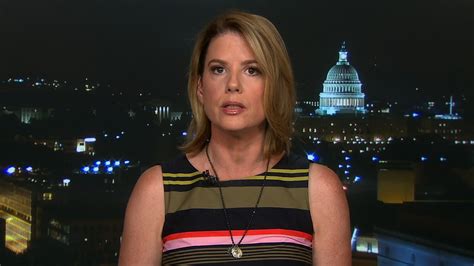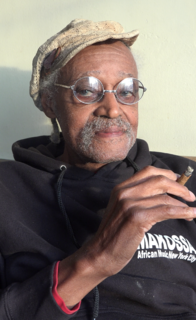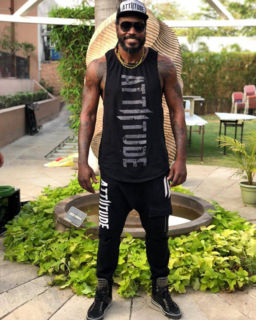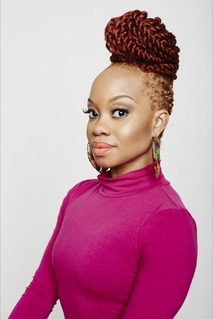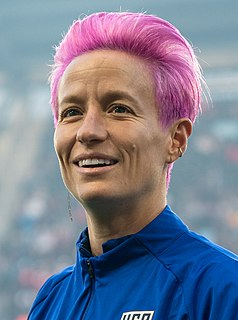A Quote by Kirsten Powers
If conservatives are so concerned about black-on-black crime, it is concerning the only time I hear them talking about it is when they want to stick it to the black community.
Related Quotes
Remember, we're talking [in The Black Power Mixtape] about 1967, the year before [Martin Luther] King's assassination. We're talking about the emergence of black power, which is a discussion King mentioned in his last book, Where Do We Go from Here: Chaos or Community? We're talking about the meaning of black power and the possibility that it alienated our supporters, both white and black.
You have to know the forces that are against you and that are trying to break you down. We talk about the problems facing the black community: the decimation of the black family; the mass incarceration of the black man; we're talking about the brutality against black people from the police. The educational system.
I'm not talking about my children's father'he's a wonderful black man, the hero of my life, and he's never disrespected or betrayed me. But I'm talking about what I see in the streets and in the media, this naked hatred that black men have towards the authentic black woman'which is really an indication of black men's hatred for blackness itself.
I felt like it was a courageous show [Black-ish] from the beginning. We are a black family - we're not a family that happens to be black. But the show is not even about us being black. The show is about us being a family. That is groundbreaking - on TV, the black characters either happen to be black or they're the "black character," where everything they say is about being black. I think that's the genius.
For black America needs a politics whose first mission isn't the reinforcement of the idea of black America; and a discourse of race that isn't centrally concerned with preserving the idea of race and racial unanimity. We need something we don't yet have: a way of speaking about black poverty that doesn't falsify the reality of black advancement; a way of speaking about black advancement that doesn't distort the enduring realities of black poverty.
There's no reason why you can't say "August Wilson, playwright" even though all of my work, every single play, is about black Americans, about black American culture, about the black experience in America. I write about the black experience of men, or I write about black folks. That's who I am. In the same manner that Chekhov wrote about the Russians, I write about blacks. I couldn't do anything else. I wouldn't do anything else.
I think it's important for people to understand that dance, movement, choreography is about an experience and entertainment but it's also about perception and a lens. So when we're talking about a Black female's experience through a Black female's lens, that's going to be totally different from a Black female's perspective through a Black male's lens.
Being a woman, we talk about equal pay all the time. We're not talking about if you're black or if you are Latina. I would like to get back to that and improving the relationship between the police community and the community of color. I don't know exactly all the right things to say, but I want to engage in that conversation.
The need of black conservatives to gain the respect of their white peers deeply shapes certain elements of their conservatism. In this regard, they simply want what most people want, to be judged by the quality of their skills, not by the color of their skin. But the black conservatives overlook the fact that affirmative action policies were political responses to the pervasive refusal of most white Americans to judge black Americans on that basis.
